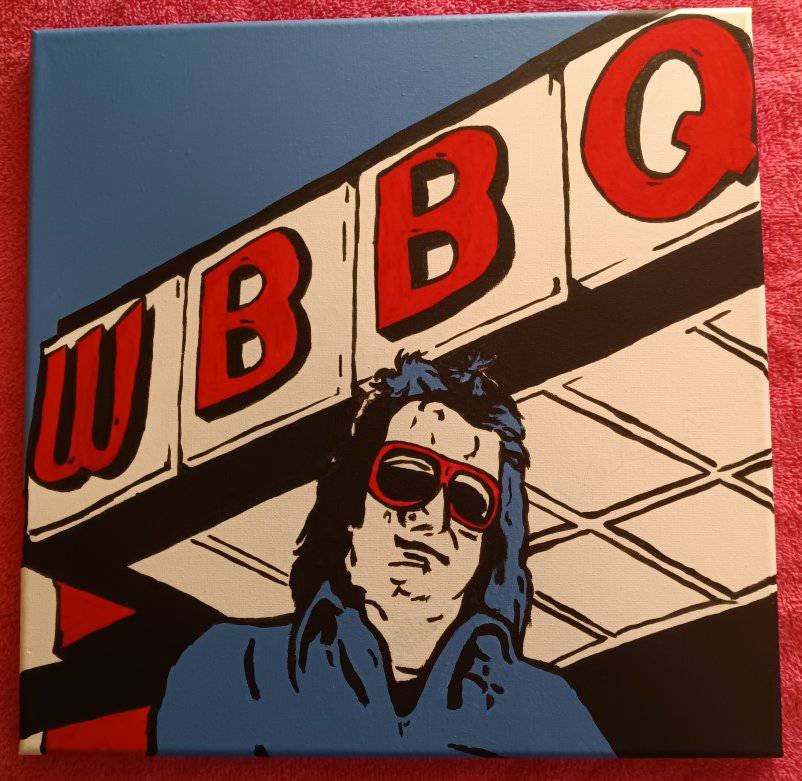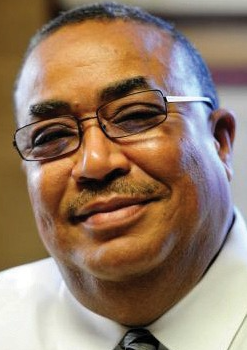From the late 1940s into the 1990s, WBBQ was a trend setting radio station across the nation and enjoyed massive ratings and success locally; by the 1980s, virtually everyone in Augusta had a “Q-Card” in their wallet and their tuner set to 104.3 FM.
It all got started over a cigar.
George Weiss was hired in the mid-1940s by J.B. Fuqua, founder of Augusta’s WGAC radio. Weiss was interviewed before his death and recalled that he and the corporate mogul-to-be never really got along.
At the time, the WGAC studios were located in the Commerce building on Broad Street. Weiss recalled he left a lit cigar unattended and the cigar fell out of the tray and set a ream of papers on fire.
Weiss panicked and threw the flaming pile into a trash can, which, in turn, set the studio curtains on fire. Weiss managed to yank the curtains down and used a water cooler in the hallway to douse the flames. Fuqua smelled the smoke and came running down the hall.
Fuqua was furious, and while he did not fire Weiss, he did ban smoking in the studio and that was the last straw for Weiss, who walked out and quit, determined to start his own radio station where he would make the rules.
Once Weiss secured the funding to start his own station, Fuqua relaxed the smoking rule, so that his employees would not abandon him and go across the river and work for Weiss.
Starting out in a house in North Augusta, WBBQ began broadcasting as a low-power AM station in 1947 with the same basic programming as most stations across the nation; it offered national newscasts, big band programming and radio serials and soap operas.
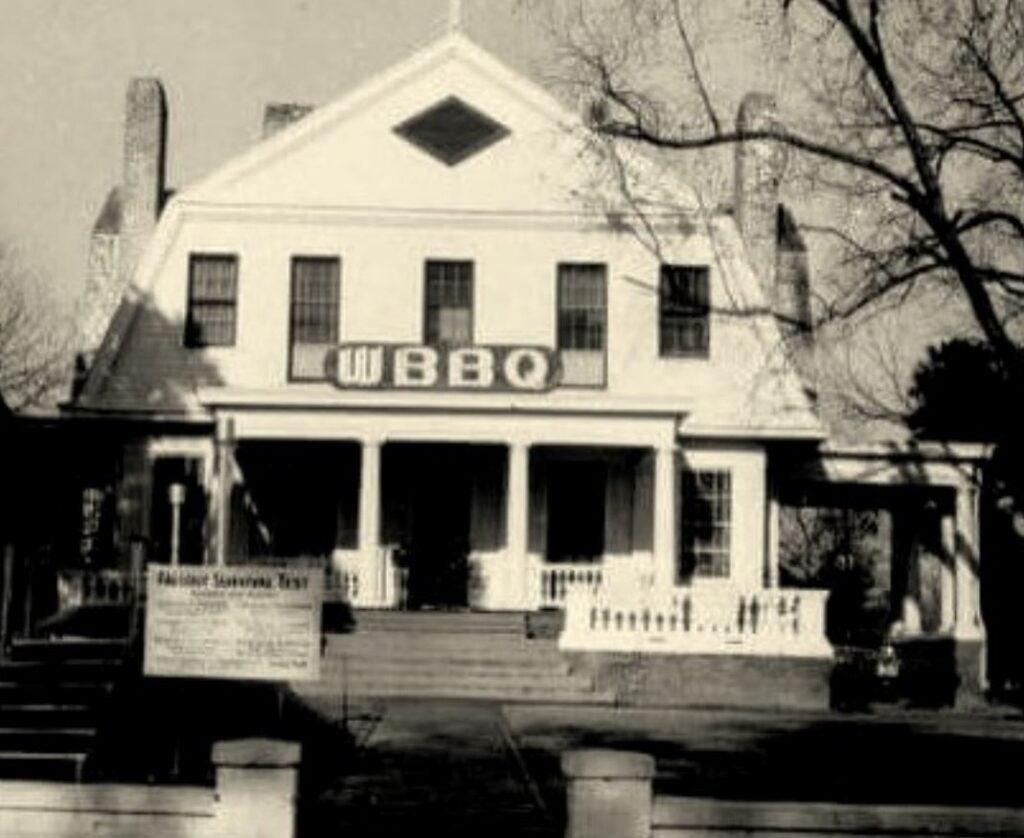
“We started out on a shoestring budget and could not even afford to hire a ‘man on the street,’ so I became the man on the street out of necessity,” Weiss said.
With the advent of television, Weiss realized that radio programming would have to evolve as people listened more from their cars, rather than sitting around the living room radio. By the mid-1950s, Weiss developed a programming strategy that would have teens and their parents both listening.
The station abandoned the soaps and went to the all music, deejay format with news at the top and bottom of the hour.
Parents would tune in for the news and their kids got to hear some of the new ‘pop’ stars, such as Fabian, Ricky Nelson and Pat Boone along with mainstays Frank Sinatra and Perry Como.
Weiss was keen not to anger people in the segregated South by playing what was termed “race music;” however, once Elvis Presley came on the scene, Weiss decided to go all in on the rock and roll revolution.
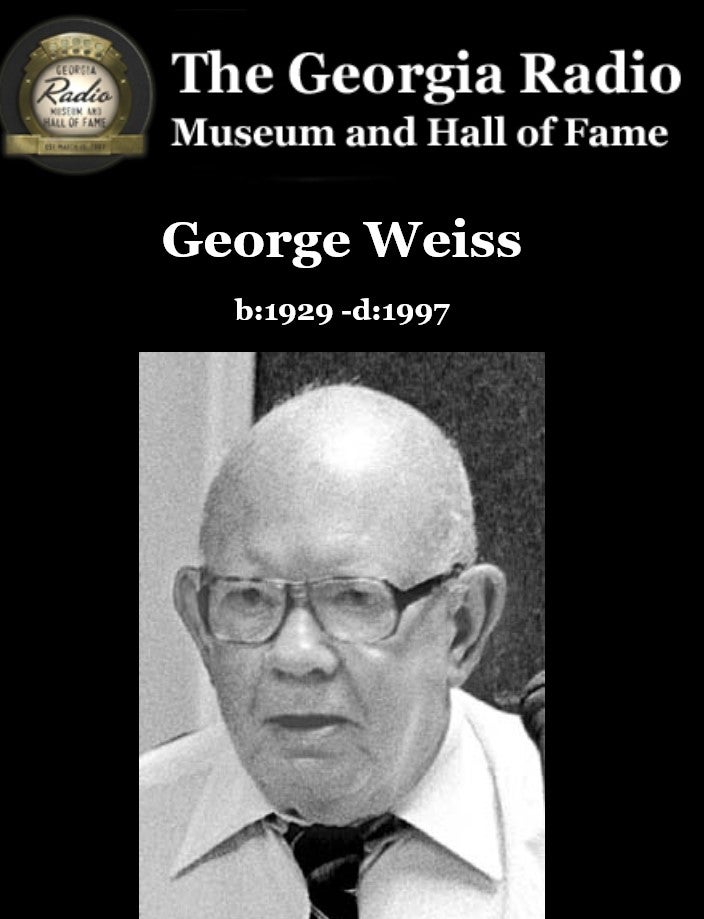
This decision angered his star morning man, George Fisher, who flatly refused to play Elvis and the two men parted ways.
“I didn’t play burlesque and I didn’t promote May West movies, so I was not going to play Elvis the Pelvis,” Fisher said.
Fisher would quit and start WBIA radio, where he could play what he wanted.
WBBQ was rebranded “Tiger Radio” and Weiss began simulcasting the programming on the FM band, becoming one of the first stations in America to jump to the new band, which had long been a sonic wasteland, even though it provided a cleaner signal.
It takes far more wattage for an FM signal to be widely broadcast.
The station’s popularity eclipsed the other radio stations in Augusta, and Weiss funneled every dollar of profit back into the station. Weiss purchased a fleet of mobile news cars and obtained a license to broadcast on FM at 100,000 watts, making it one of the most powerful radio stations in the nation.
Weiss rebranded himself from being the man on the street, to the iconic and legendary “Mobile One.” Weiss became famous for driving around town with a cigar dangling from his mouth and his little dog, Checkers, riding shotgun.
Under the direction of General Manager Ed Dunbar, the station missed no opportunity to promote itself with a constant stream of contests, giveaways, remote broadcasts and a fleet of “prize patrol” cars that would broadcast the make and model of the car in front of them along with the license plate. If the driver was listening they could “pull over safely to claim your prize.”
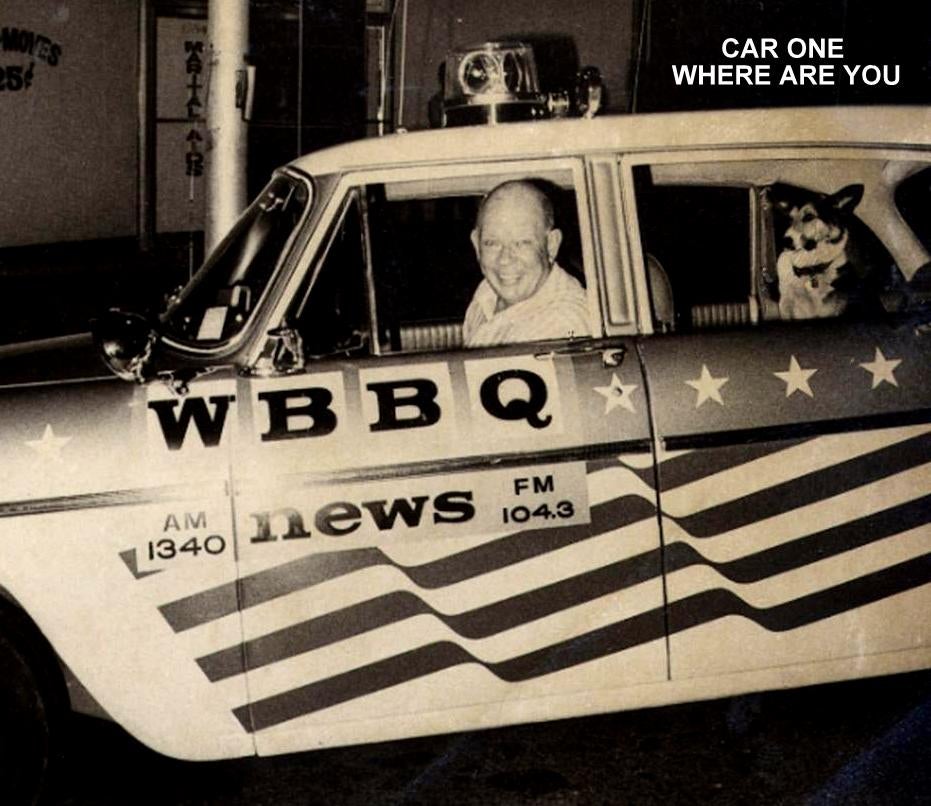
Of course, the driver or contest winner would be asked what their favorite radio station was and they would enthusiastically say WBBQ!!
The station also developed the “Q-card,” which gave discounts to stores all over the city.
Pam Price Robertson, who worked as an account executive for the station, recalled that Weiss wanted his station to dominate the market to the degree that when the station dropped a minor point on the ratings, Weiss would bellow, “Let’s give away a million dollars!”
Several legendary broadcast careers were started or honed at WBBQ. Buddy Carr, “Handsome” Harley Drew and Mark Summers all became radio superstars and Steve York was ceremoniously dubbed the “Mayor of Martinez.”
Bob Young got his broadcast start at the “Q” and went on to become the actual mayor of Augusta.
WBBQ would remain the dominant radio station in Augusta throughout Weiss’ life, and when he died, the generous philanthropist willed the station to MCG. According to press reports at the time, the $10 million donation was the largest private donation ever to be given to the medical college.
From there, WBBQ became a corporate-owned station, and it’s format was changed to adult contemporary music to reflect its aging audience.
In its heyday, WBBQ was more of an institution than a radio station. Columbia County Sheriff Clay Whittle remembers being “pulled over” by the prize patrol in 1976, although he says he has forgotten what prize he won.
…And that is something you may not have known.
Scott Hudson is the Senior Investigative Reporter and Editorial Page Editor for The Augusta Press. Reach him at scott@theaugustapress.com

